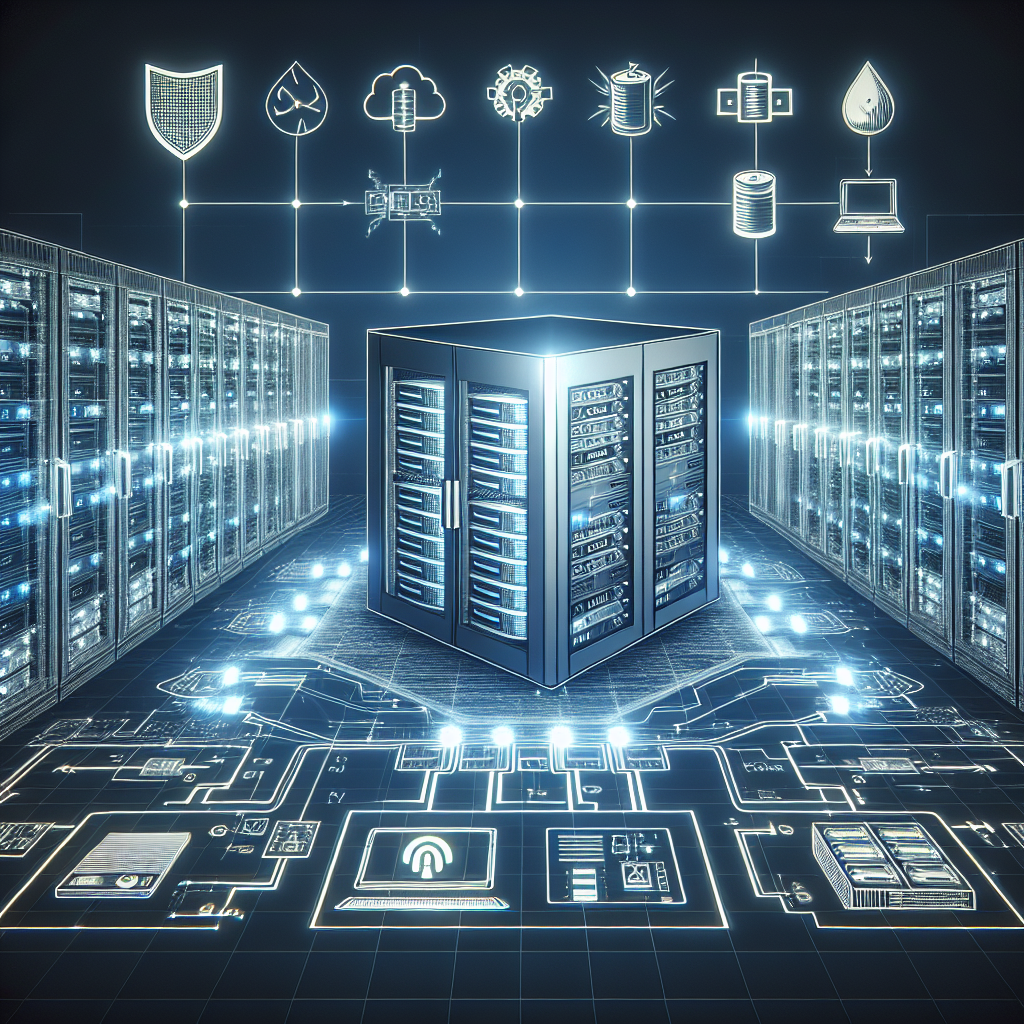Fix today. Protect forever.
Secure your devices with the #1 malware removal and protection software
In today’s digital age, data centers play a crucial role in storing and managing massive amounts of data for businesses and organizations. With the increasing reliance on technology and the rise of cloud computing, data centers are becoming more essential than ever. However, with this increased reliance comes the need for reliable power supply solutions to ensure uninterrupted operation.
One of the most important components of a data center infrastructure is an Uninterruptible Power Supply (UPS) system. A UPS is a device that provides emergency power to a load when the main power source fails or drops to an unacceptable level. It acts as a backup power source, allowing data centers to continue operating seamlessly during power outages or fluctuations.
There are several benefits to implementing UPS systems in data center infrastructure:
1. Increased Reliability: UPS systems provide a critical layer of protection against power interruptions, ensuring that data center operations continue uninterrupted. This reliability is essential for businesses that rely on continuous access to their data and applications.
2. Protection from Power Surges: UPS systems also protect equipment from power surges and spikes, which can damage sensitive electronic components. By regulating the power supply, UPS systems help prevent costly downtime and equipment failures.
3. Improved Efficiency: UPS systems help optimize energy usage by providing clean and stable power to data center equipment. This can lead to reduced energy consumption and lower operating costs in the long run.
4. Scalability: UPS systems can easily be scaled to meet the growing power demands of a data center. As data center infrastructure expands, UPS systems can be upgraded or added to accommodate increased power requirements.
5. Remote Monitoring and Management: Many UPS systems come with advanced monitoring and management capabilities, allowing data center operators to remotely monitor power usage, battery health, and system performance. This real-time data can help identify potential issues before they escalate into critical problems.
6. Compliance with Regulations: Many industries are subject to regulations that require businesses to have backup power systems in place to ensure data integrity and availability. Implementing UPS systems can help data centers comply with these regulations and avoid potential penalties.
In conclusion, UPS systems are an essential component of data center infrastructure that provide critical backup power and protection against power disruptions. By implementing UPS systems, businesses can ensure the reliability, efficiency, and scalability of their data center operations. Investing in UPS systems is a smart decision for businesses looking to safeguard their data and maintain uninterrupted operations in today’s fast-paced digital landscape.


Leave a Reply
You must be logged in to post a comment.